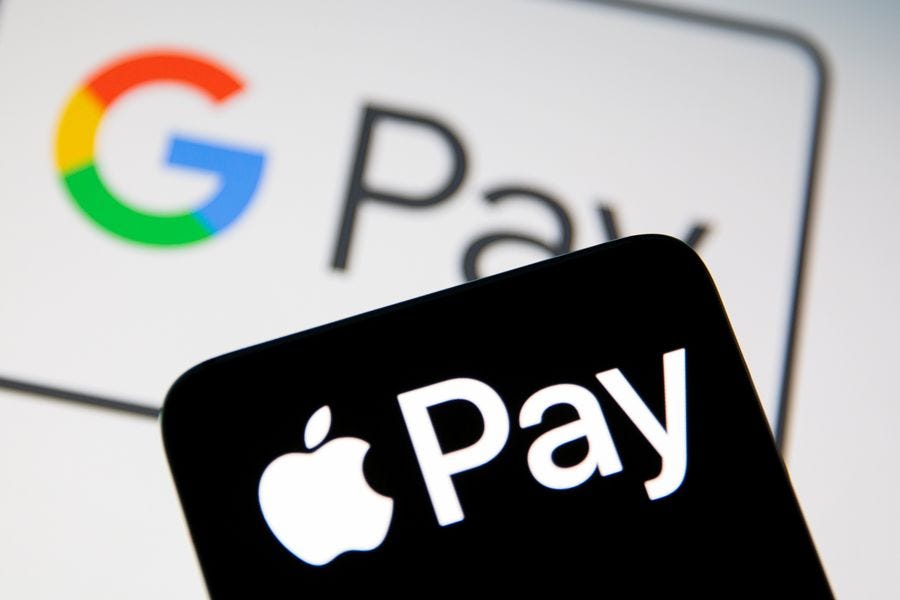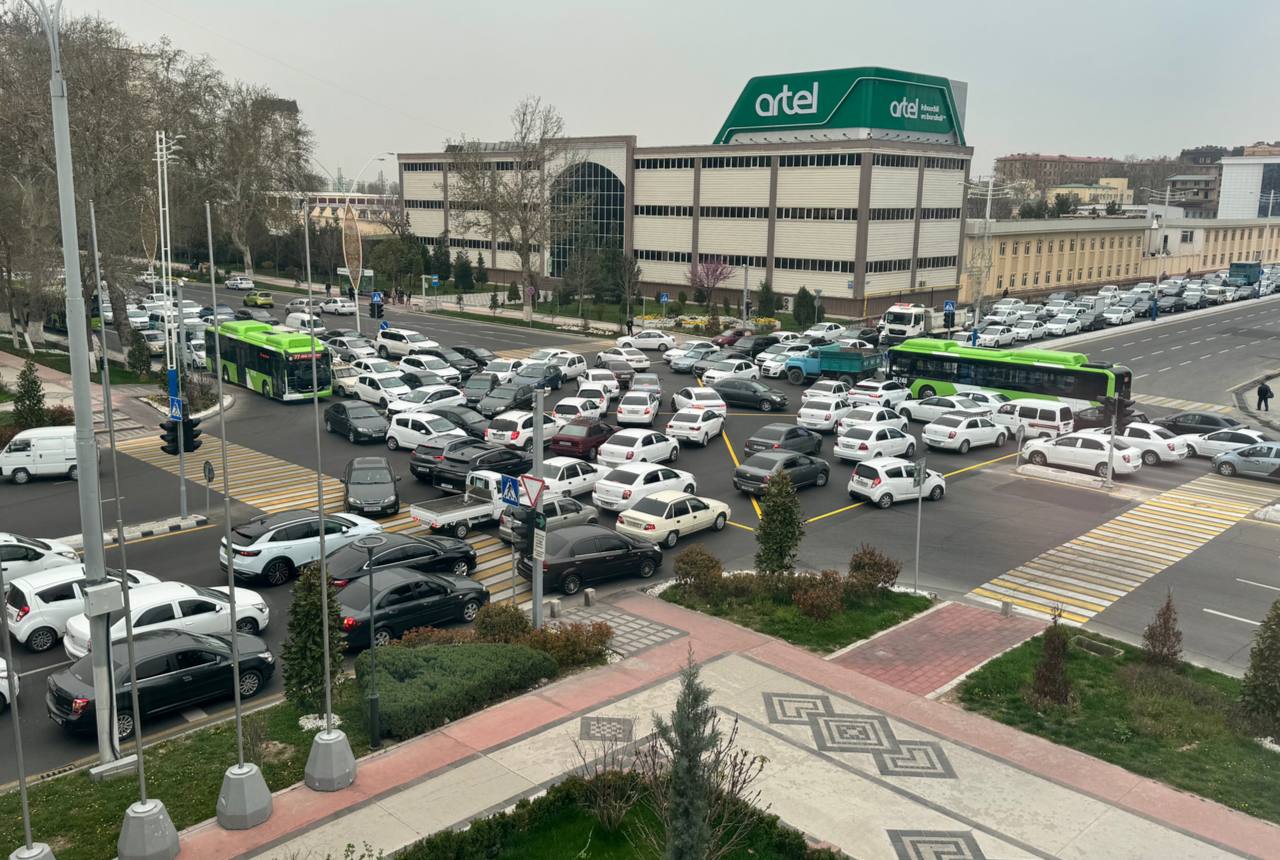Недавно стало известно, что правительство поручило Центральному банку Узбекистана, совместно с Министерством цифровых технологий и Комитетом по туризму, провести переговоры с мировыми онлайн-платёжными гигантами, такими как PayPal, Alipay, UniPay, Apple Pay и Google Pay. Цель — интеграция этих платёжных систем в экономику страны, чтобы граждане Узбекистана могли беспрепятственно пользоваться ими для оплаты товаров и услуг.
До конца 2024 года планируется обсудить не только условия работы этих компаний в Узбекистане, но и возможные изменения в национальном законодательстве для упрощения их деятельности в стране. Однако возникает вопрос: почему эти платёжные системы до сих пор не работают для граждан Узбекистана?
Корень проблемы
Известный эксперт по цифровой безопасности Шухрат Курбанов объяснил, что системы Apple Pay и Google Pay уже давно работают в Узбекистане, но только для туристов. С конца 2019 года путешественники, чьи банковские карты были выпущены в странах, где эти платёжные системы уже интегрированы, могут без проблем использовать их для оплаты в Узбекистане. Однако для местных граждан эти услуги недоступны.
Основной причиной ограничений для местных пользователей является статья 27-1 закона «О персональных данных», которая устанавливает особые условия для обработки персональных данных граждан Узбекистана. Согласно закону, персональные данные граждан республики должны обрабатываться внутри страны, что предполагает размещение серверов на территории Узбекистана. Именно этот пункт, как объясняет Шухрат Курбанов, стал камнем преткновения для интеграции международных платежных систем.
Крупные компании, такие как Google и Apple, не готовы размещать свои серверы в Узбекистане только для того, чтобы обеспечить работу этих сервисов на территории страны. Однако, по мнению Курбанова, это требование излишне. На самом деле, платёжные системы Apple Pay и Google Pay не передают персональные данные граждан сверх того, что уже используется при регистрации электронной почты или других онлайн-услуг. Таким образом, размещение серверов в Узбекистане вовсе не является необходимостью.
Эксперт также добавил, что менять закон о персональных данных не обязательно. Достаточно детально изучить механизмы работы Google Pay и Apple Pay и дать разъяснение, что серверы в Узбекистане не нужны. Это позволит устранить ненужные барьеры для внедрения современных платёжных технологий.
Курбанов отметил, что подобные обсуждения и переговоры уже проводились несколько раз, но пока не привели к реальным изменениям.
От редакции отметим, что вопрос интеграции мировых платёжных систем, таких как Apple Pay и Google Pay, остаётся актуальным для граждан Узбекистана. На фоне растущего туризма и усилий по цифровизации экономики, эти системы могли бы значительно упростить жизнь граждан и повысить удобство для туристов. Однако для этого необходимо устранить законодательные и технические барьеры, а также найти компромисс между международными компаниями и национальными регуляторами.
Остаётся вопрос: будут ли эти переговоры результативными или снова останутся на уровне обсуждений?










